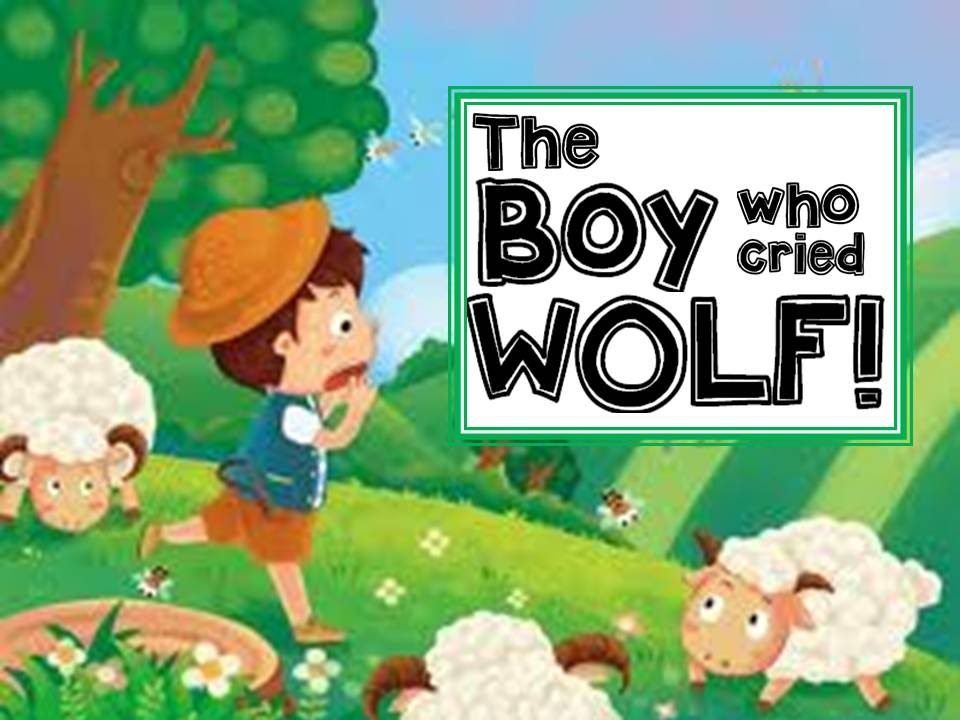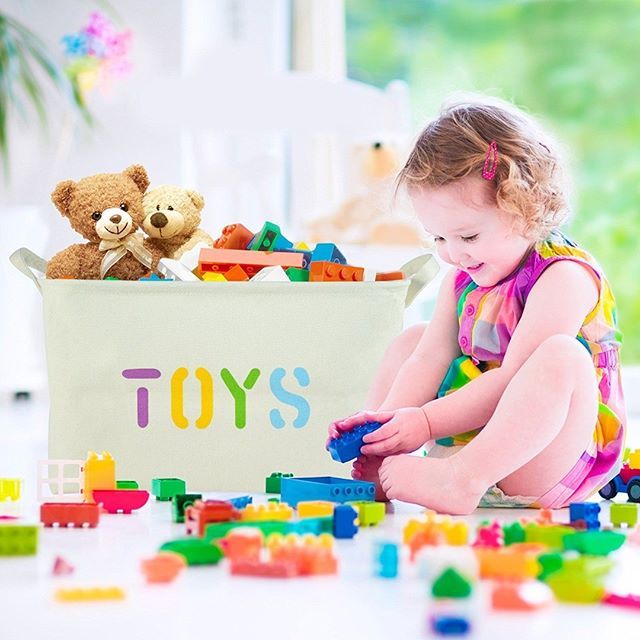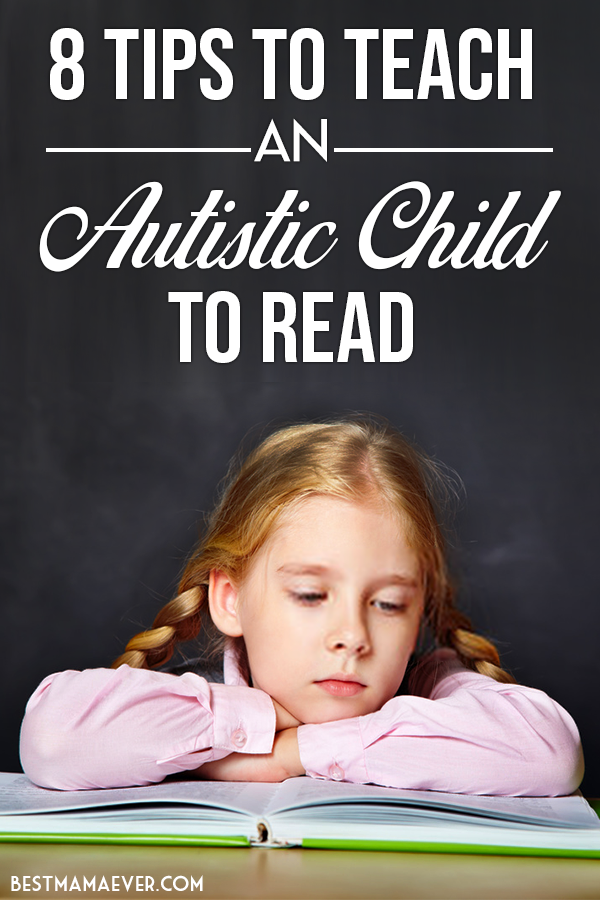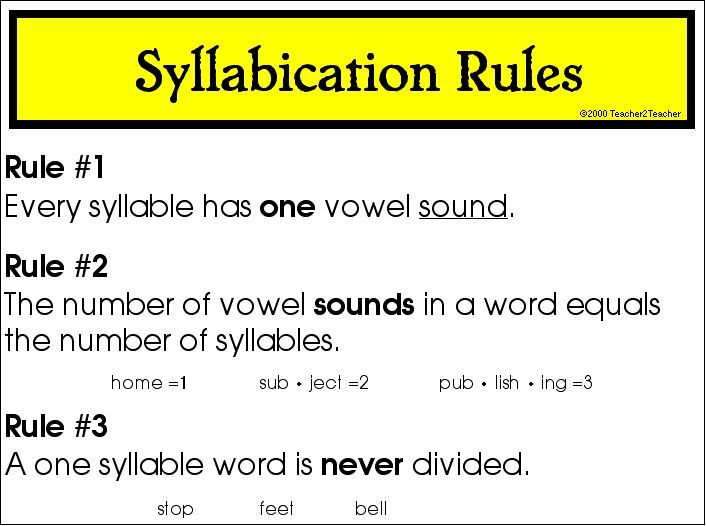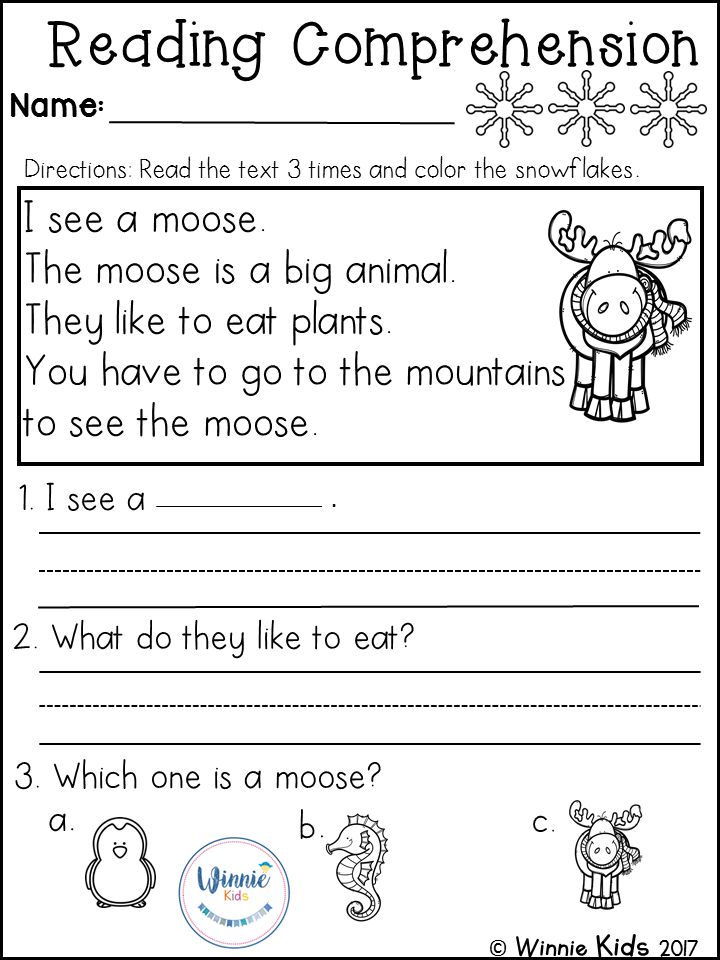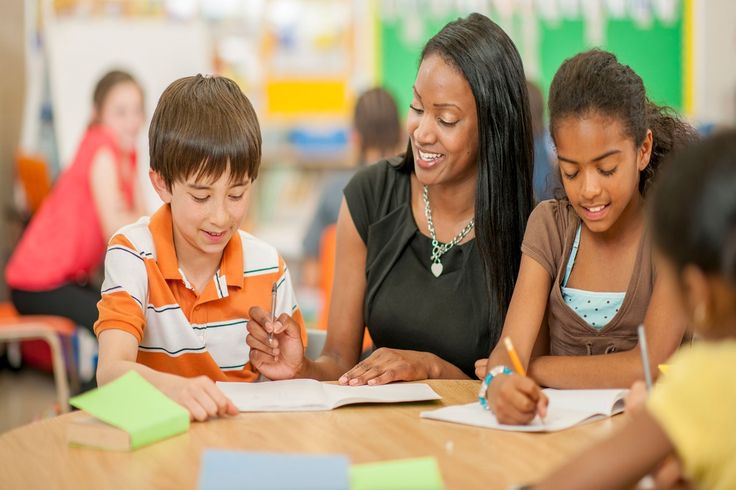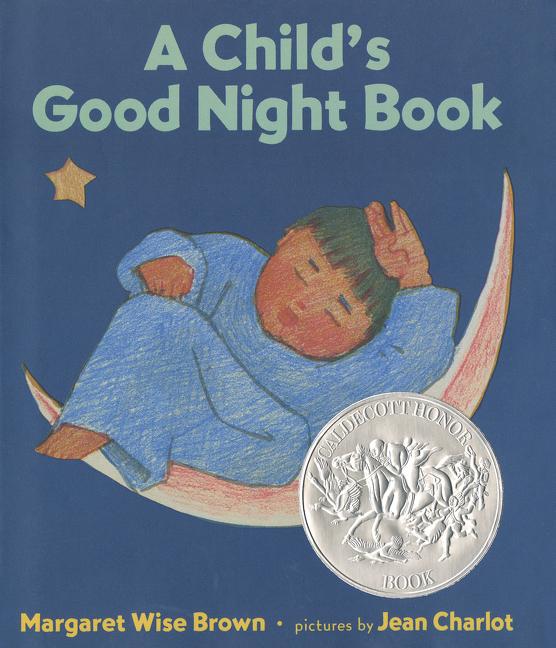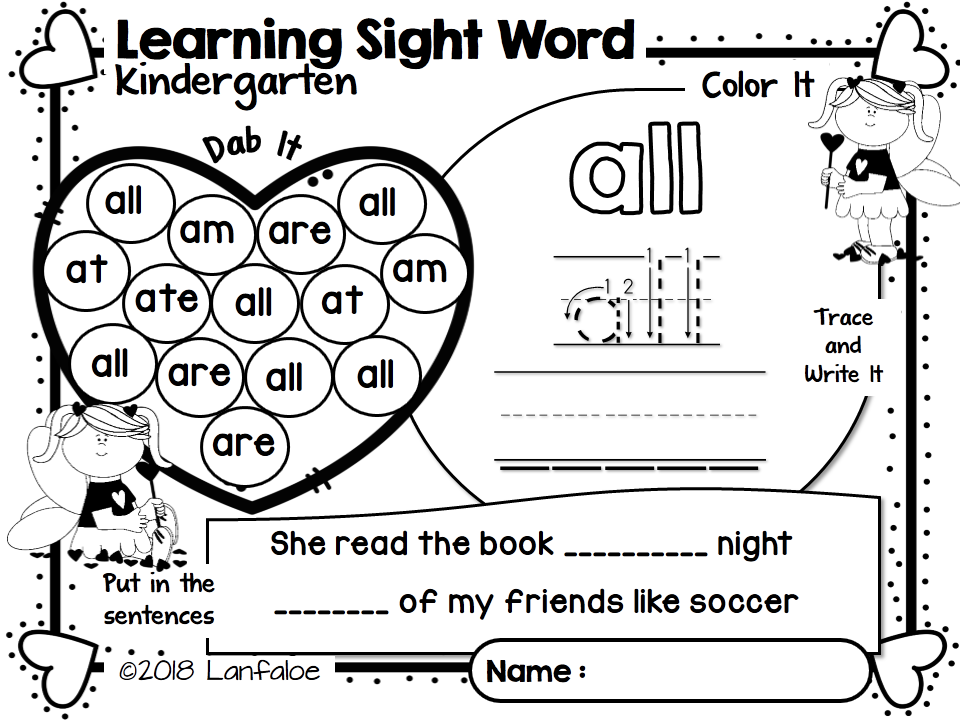What does my child need to know for first grade
Ready for 1st Grade: Skills Kids Need
A lot of learning happens in kindergarten to help kids hit the ground running when they go into first grade. Some of the skills kids need going into first grade are social skills, like listening and taking turns. Others are more academic — the skills kids need to develop as they do more work in reading, writing, and math.
Here’s a sample of what kids should be learning by the end of kindergarten to be ready for first grade.
Literacy skills kids need for first grade
Literacy skills include both reading and writing. The two are taught together because they’re closely connected. In kindergarten, kids practice breaking words into small chunks and identifying the sounds each letter makes. (This is known as decoding.)
That’s because kids going into first grade are expected to know the alphabet and the basic features of letters and words. They’re also typically able to recognize and provide rhyming words. These are all skills that help emerging readers learn new words and read simple books.
When it comes to writing, incoming first graders are expected to be able to write and share information in a variety of ways. This includes drawing, writing letters and words, listening to others, and speaking out loud. To help build these skills for first grade, kids do activities like these:
- Write and recognize upper- and lowercase letters.
- Match letters to sounds, make rhymes, and recognize some words without having to sound them out (teachers refer to these as sight words, and some of the first ones kids pick are and, the, and it).
- Learn and use new words to express thoughts, feelings, and ideas clearly.
- Ask and answer questions about a story the teacher reads aloud, and talk about the characters, settings, and major events in the story.
- Name the person, place, thing, or idea in a picture.
- Follow the rules of conversation by listening and taking turns talking.
- Give information about an event, topic, or opinion by drawing, talking, and writing about it.
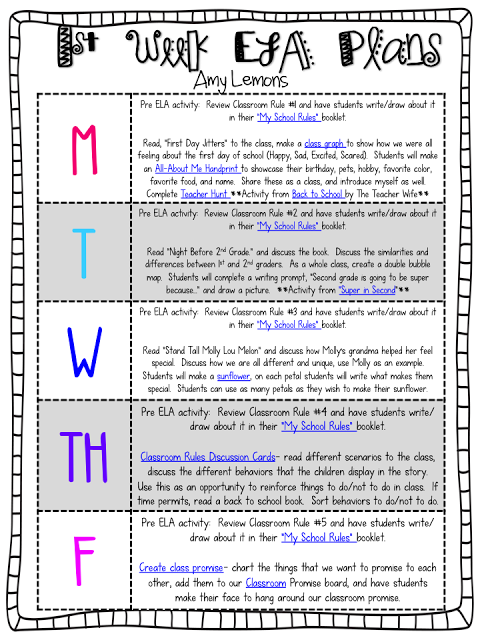
- Participate in shared reading and writing activities (for example, the teacher reads a big picture book aloud and students take turns sharing ideas about it).
You can help your child build literacy skills at home, too:
- Learn about ways to help kids connect letters and sounds.
- Get tips to help your child develop good reading habits.
- Use fun multisensory techniques to practice writing.
Math skills kids need for first grade
There are two big math concepts kids need a strong grasp of as they go into first grade. The first is number sense — learning numbers and what they stand for, like connecting the number “5” with a picture of five apples. The other big one is addition and subtraction. Kindergartners also learn to identify and work with shapes.
Here are some activities kids do to build math skills going into first grade:
- Count how many objects are in a group (one by one) and compare it to another group to figure out which is greater or less than the other.
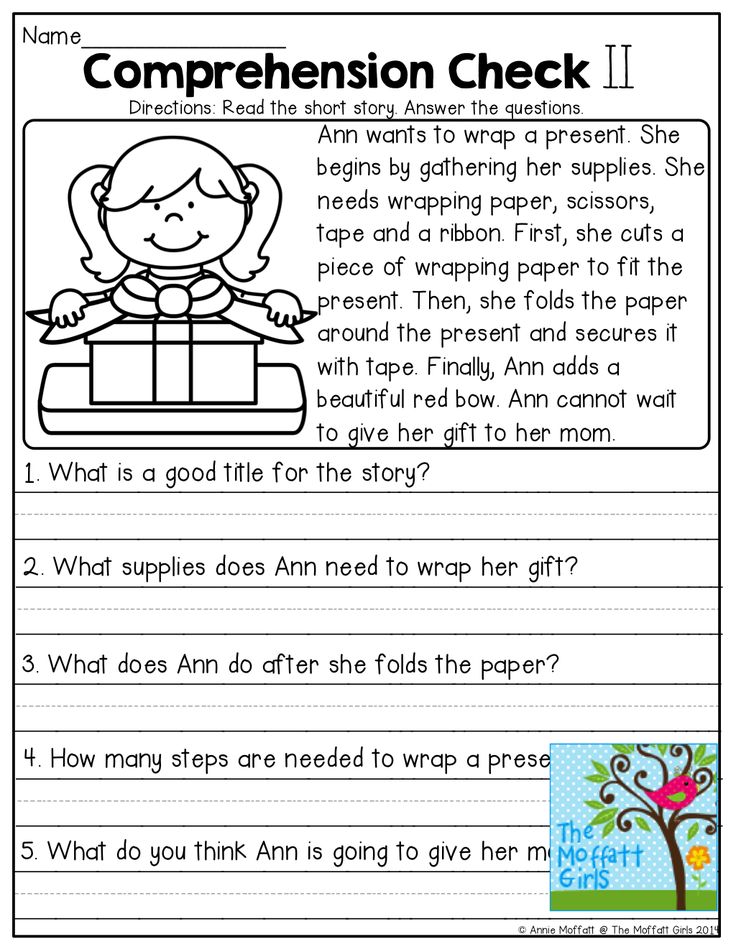
- Recognize that addition means putting two groups together and that subtraction means taking away from one group.
- Add and subtract numbers 1 through 10.
- Use objects to show how to break up numbers less than or equal to 10 in more than one way (for example, 8 erasers = 2 groups of 4 erasers, and 8 erasers = a group of 2 and a group of 6).
- Find the number of objects to make any group of 1 to 9 into a group of 10.
- Use objects or draw pictures to represent and solve simple addition and subtraction word problems.
You can help your child build math skills at home, too:
- Explore fun picture books to get your child excited about math.
- See how to use everyday household items to practice math.
- Play board games that build math skills.
Working with your incoming first grader
Take a look at your state’s academic standards to see what skills are expected for kids going into first grade. Not all states use the same standards, but many of them have similar expectations for students.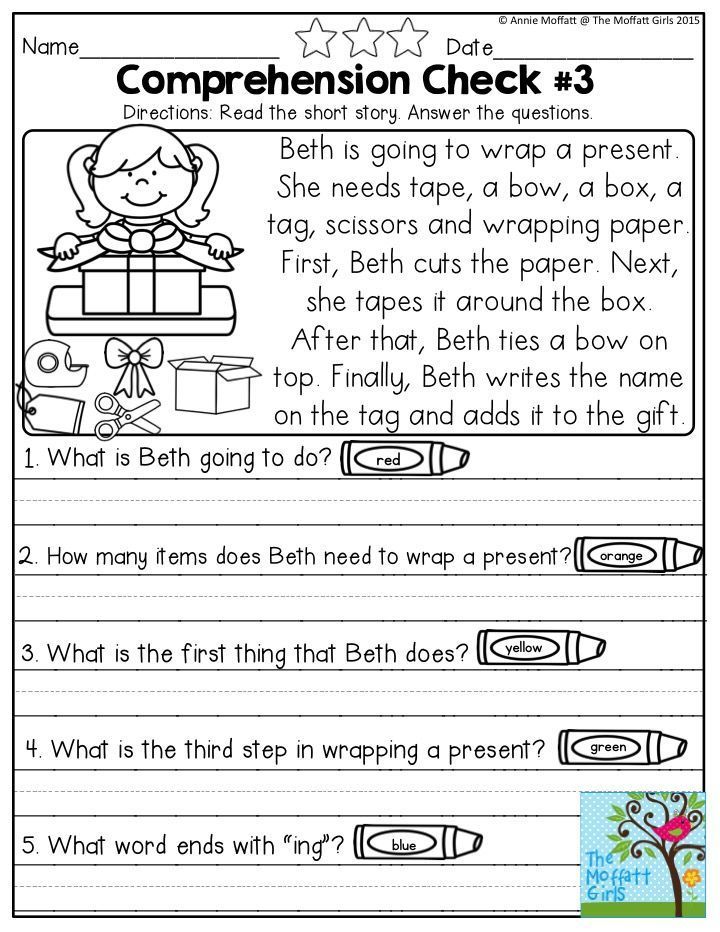
Keep in mind, too, that kids develop skills at different rates. But if your child doesn’t have most of these skills down by the end of kindergarten, it’s a good idea to check in with your child’s teacher to speak about your concerns. Together you can come up with a plan for keeping track of your child’s progress and getting ready for first grade.
Key takeaways
Incoming first graders typically know the alphabet and can add and subtract numbers 1 through 10.
There are fun ways to practice language and math skills to help your child get ready for first grade.
If you have concerns about your child’s progress, talk to the teacher to come up with a game plan.
Preparing for 1st Grade
In addition to dealing with boundless energy levels and intense emotions, children preparing for 1st grade will face new responsibilities in school. Your child will learn to adjust to a longer school day, take more ownership of his homework, and learn to get around by himself.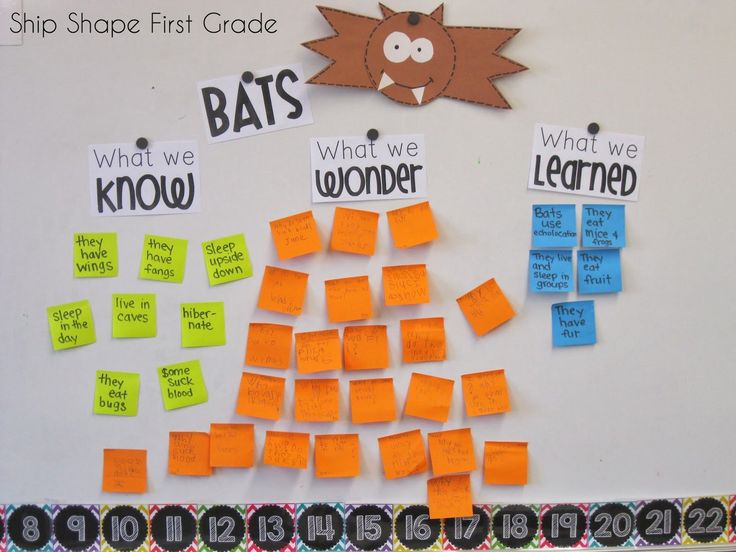
Skills Acquired During 1st Grade
The emphasis remains firmly on developing your child’s reading and math skills, but lessons in art, social studies, science, and physical education may be incorporated as well. Although some skills will resemble those your 6 year old learned in kindergarten, keep in mind that 1st grade is mostly about mastering lessons previously taught.
Preparing for 1st Grade Reading
- Expand sight-word vocabulary
- Recall the sequence of events in oral and written stories
- Discuss story elements such as plot, character, events, and setting
- Understand basic punctuation (capitalize first letter of a sentence, use periods and question marks, etc.)
- Identify the main idea and details in a story
- Print legibly
- Recognize single and plural forms of nouns
- Write in complete sentences
- Differentiate between fiction and nonfiction stories
- Memorize and correctly spell between 130 and 150 words
Preparing for 1st Grade Math
- Understand greater than, less than, lighter than, heavier than, the same as, etc.
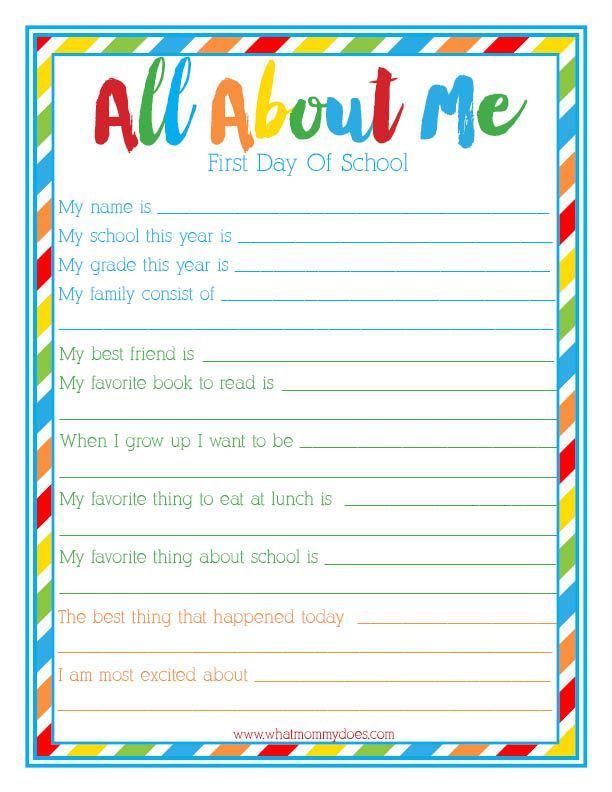
- Recognize and write numbers up to 100
- Count by twos, fives, and 10s to 100
- Mentally add numbers to 10
- Add and subtract to 20
- Add and subtract with pennies, nickels, dimes, and quarters
- Tell time to the hour and half hour
- Recognize shapes
- Identify, describe, and reproduce patterns with numbers, shapes, colors, or words
- Use simple graphs to record information
- Recognize simple mathematical symbols (e.g., “+”, “=”, “>”,”<”)
- Read thermometers and use measuring tools like rulers
Preparing for 1st Grade Social Studies
- Locate the United States, the seven continents, and the four oceans on a large map or globe
- Construct and interpret simple maps with cardinal directions and map key
- Demonstrate awareness of current news
- Participate in group decision-making
- Understand traditions that reflect American ideals and influences from diverse cultures within the nation
- Create charts and timelines demonstrating an understanding of past and present
- Recognize shared values and goals as students in the same community, despite differences in backgrounds
Preparing for 1st Grade Science
- Use tools such as a magnifying glass, ruler, and balancing scale
- Learn the basic needs of living things by caring for animals in class
- Conduct simple, hands-on experiments
- Explore the senses — hearing, sight, smell, touch, and taste
- Explore the life cycle of living things, such as frogs or butterflies
Featured Book
learn more
GRADES
What a child should know and be able to do by the first grade: knowledge for a first grader
According to the Law of the Russian Federation "On Education", admission to the first grade of state and municipal educational institutions is prohibited on a competitive basis.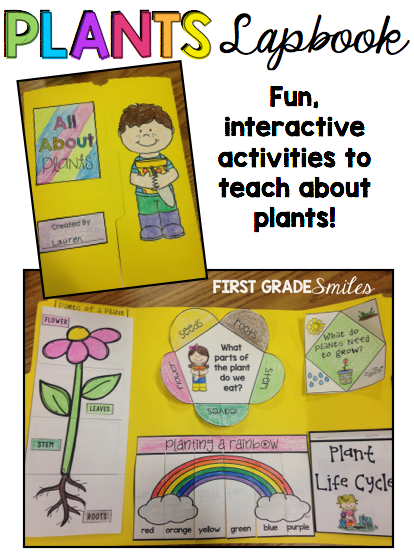 Any child aged 6.5-8 has the right to enroll in a school. But some things should be taught to the baby before school - this will make it easier to adapt to a new learning rhythm. First grade - what should a child be able to do?
Any child aged 6.5-8 has the right to enroll in a school. But some things should be taught to the baby before school - this will make it easier to adapt to a new learning rhythm. First grade - what should a child be able to do?
Child's knowledge of the family by the first grade
The child should be able to easily navigate information about close relatives and his/her own data. Full name, age, date of birth, where mom and dad work, how old are the brothers and sisters. It is good if the child knows the phone number of one of the parents and the home address by the first grade.
Knowledge about the surrounding world
It is believed that by the first grade a child knows natural phenomena - snow, hail, lightning. The child should distinguish colors, plants, animals. To test the knowledge of a preschooler, ask him to name a few types of trees or migratory birds that he knows offhand. For clarity, purchase a children's encyclopedia, look at the illustrations together and discuss the paragraphs.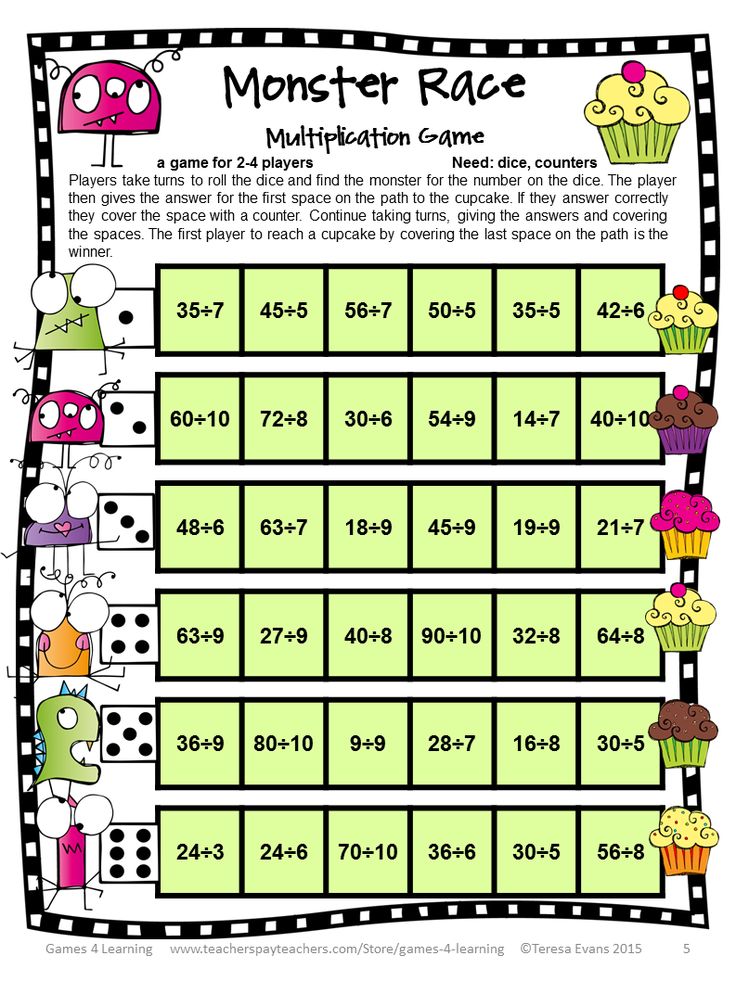
<
Knowledge of time and space
Make sure that the child is guided by the hourly routine of the day. Does he know how to tell the time from a regular clock with hands? Can he list the days of the week and the names of the seasons without hesitation? Another important ability of the child to the first grade is to distinguish between “right” and “left”.
Knowledge of safety rules
It is assumed that the baby is familiar with the basic rules of behavior on the street - in what places and what color of traffic lights to cross the road, what to do if the traffic light is not visible, is it possible to leave with a stranger without the knowledge of parents . This is the minimum knowledge of safety that a child should have by the first grade.
A child's knowledge of mathematics
This is an important category of what a child should be able to do before first grade.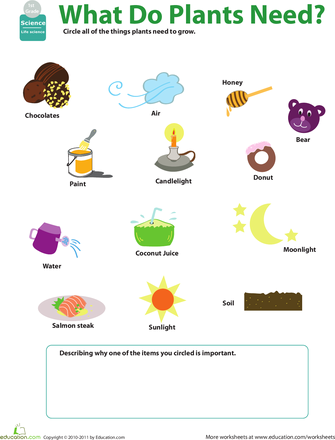 There are often problems with mathematics. It is good if the child counts up to 100 and knows how to perform elementary addition and subtraction operations within the first ten. It is expected that he is familiar with basic geometric concepts - a parallelepiped is unlikely to be needed, but a circle, rectangle, square is quite. Teach your child to find patterns to train logic - exercises with pictures like “Find 10 Differences” are perfect here.
There are often problems with mathematics. It is good if the child counts up to 100 and knows how to perform elementary addition and subtraction operations within the first ten. It is expected that he is familiar with basic geometric concepts - a parallelepiped is unlikely to be needed, but a circle, rectangle, square is quite. Teach your child to find patterns to train logic - exercises with pictures like “Find 10 Differences” are perfect here.
Knowledge of reading and the Russian language
A future first grader is recommended to know the alphabet. Despite the fact that it is not officially required to be able to read, this will definitely be asked at the interview. Children who have learned to read before school are easier to adapt - as a rule, their academic performance is higher than that of children who read in elementary school in syllables. You don’t need to force your child to pore over books without getting out, but you can try to motivate them to read on their own.
<
Resume
There is no official requirement that a child should know by the first grade. To be successful at the Foxford Online Elementary School, a child must have basic reading, writing, and arithmetic skills. Entrance testing in the 1st grade of our school is not provided. But the family is offered a small test to check the readiness of the child for school.
Pay attention to the child's general and basic developmental skills and abilities for the first grade. Ask the baby, based on the points in our article. Focus on the issues that caused the child difficulties. For example, go to a museum to learn more about carnivores, or practice the rules of the road for pedestrians so your child knows exactly how to cross the road correctly. As for reading, psychologists recommend setting an example for a child - read more on your own. If the kid sees that parents take up a book in their free time, he involuntarily copies the behavior.
Don't worry if a future first-grader doesn't know how to do something. It's not so scary, the main thing is the desire to learn.
what a future first grader should know and be able to do
The first grade is an exciting time not only for a new student, but also for his parents. Everyone wants to see their child happy and successful. But the prospect that the baby will be hard at school is scary. To help the child get used to school, parents try to teach him everything in advance. In fact, it is not necessary to know everything in the world even before entering school.
Irina Stepanova, Head of the Educational and Methodological Department at the Ponyatno.Ru School, tells about what a future first-grader should be able to do and how to prepare him for school.
“The child does not owe anything”
As for the general skills that must be mastered by the time they enter school, preschool education has its own standard. In it, the skills of the future student are described in very general terms: to be inquisitive, to have an idea about the world around.
Comment by the head of the educational and methodological department of the school:
The first thing parents need to understand is that the child does not owe anything. Especially school. If we are talking about preparation, then it would be good if the child had elementary ideas about the basic disciplines. But even if he goes to first grade without them, it's not scary: he will learn everything there. This is what a school is for.
“Schools are not allowed to make any demands on children”
By law, schools cannot test first grade. Any child between the ages of 6.5 and 8 can go to first grade. But some schools still conduct introductory tests. Basically, these are lyceums and gymnasiums, which initially seek to recruit only strong and prepared students into classes. But this position of the school is a wake-up call for parents. Educational institutions in pursuit of high ratings sometimes require too much from children, and not everyone is able to withstand the growing pressure.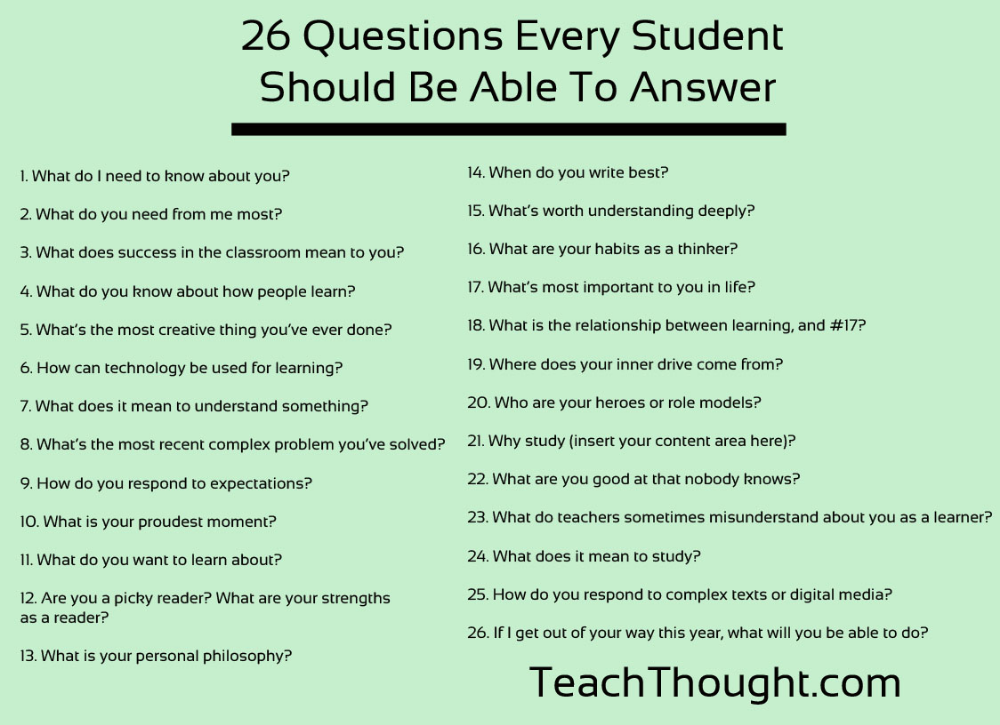 The comfort and psychological peace of the child is more important than ratings and grades, so it may be worth paying attention to other schools.
The comfort and psychological peace of the child is more important than ratings and grades, so it may be worth paying attention to other schools.
Most schools do not impose special requirements, checking only the general level of preparation and development of the child. Typically, such tests are conducted in the format of a conversation with a future teacher and consist of simple questions and tasks. The task of such an “interview” is to get to know the child, to create an idea about the future student.
“The main factor of readiness for school is that the child wants to go there”
How can parents understand that their child is already ready for school?
- He wants to learn and is ready to try on the role of a student. In the absence of such motivation, everything else does not matter.
- He is ready physically. He has to sit for 40 minutes in class. If he is not able to sit quietly in one position for so long, then he will not be able to concentrate on the teacher's story or complete the assignment.
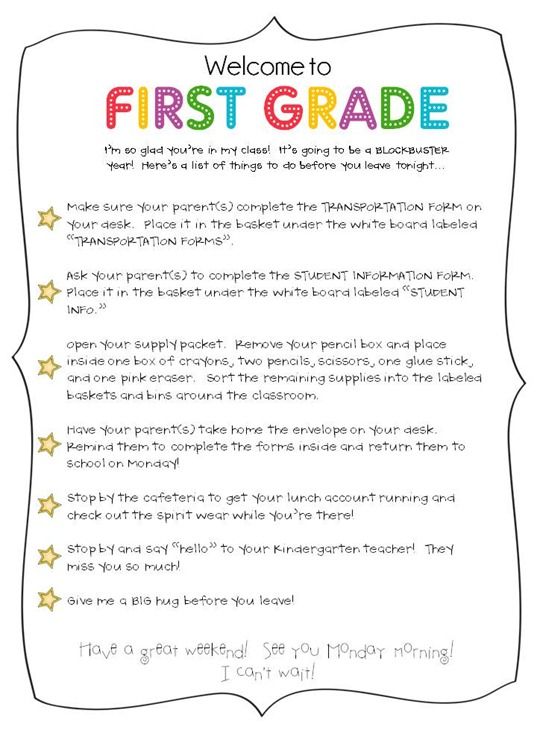
- He is ready socially - he knows how to interact with an outside adult, with peers. It is difficult to imagine life at school if the child does not have these skills.
"If the child does not want to, it is better to leave him alone"
A simple question: who will be more successful - a child who easily works with numbers up to 10 or who counts up to 1000? At first glance, it seems that the second. But this is not necessarily the case.
In counting skills, it is important not to be able to name numbers, but to understand the composition of these numbers, basic ideas about how they are obtained, what they consist of, what they mean. If a child is well versed in the composition of the number, he will grasp more general things faster than someone who simply knows how to list numbers.
The same goes for reading. It is good if the child knows and understands letters, knows how to read them. But this training should be as gentle and environmentally friendly as possible. If the kid himself is interested and pleased to learn to read and this process is not accompanied by tears and grief, then this skill will help at school. He will become independent faster, be able to read and complete tasks and move through the program at an accelerated pace.
If the kid himself is interested and pleased to learn to read and this process is not accompanied by tears and grief, then this skill will help at school. He will become independent faster, be able to read and complete tasks and move through the program at an accelerated pace.
But if reading is accompanied by scandals, seating the child and memorizing letters, there is a risk of developing an aversion to the process itself. In the future, this may result in a dislike for reading and a rejection of literature in general. Therefore, if a preschooler does not want to learn to read before the first grade, it is better to leave him alone and give him time to grow up. He will easily acquire this skill in school.
“Such skills are formed in the process of preschool growth”
The skill of social interaction is much more important for the future student. The ability to ask for help from an adult, to behave correctly in the classroom and in a team, to be polite and independent.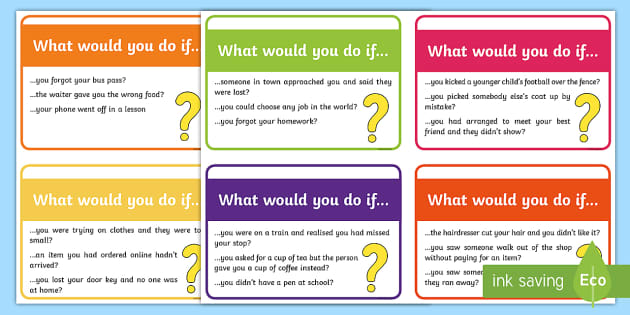
Comment by the head of the educational and methodological department of the school:
As a rule, by the age of 7 in children who attend kindergarten, these skills are formed naturally. They are constantly in conditions where it is necessary to communicate with adults, find a common language with peers, dress independently, put toys in their place.
If a child does not go to kindergarten, but spends all his time with his mother and grandmother, he needs to expand social ties. And, of course, it all depends on the parents. You can go to circles, get to know other children on the playground, initiate communication with adults who come to visit, communicate with children of friends.
“It is difficult to build a system on your own”
If a child still wants and is ready to start studying even before going to first grade, then there are no prohibitions here. In kindergarten, a year before school, educators are already beginning to introduce children to the basics of counting and reading.
Toddlers who do not go to kindergarten are told about it by their parents themselves. But building a learning system on your own is quite difficult. And if you teach it wrong, then it will be more difficult to retrain later. Therefore, it is better to choose a ready-made product. For example, you can enroll your child in preparatory classes or study online. Moreover, online classes can take place not only in real time with a teacher - parents can study with the child themselves, using, for example, video lessons and ready-made materials.
Parents decide which option to choose. You can try to take one trial lesson in each format and see how the child likes to study more and in which case he perceives information better.
“Parents should be ready for school”
A parent's readiness for school is no less important than a child's readiness. Unfortunately, not everyone had a successful school life experience. And if a parent is afraid of school, then the child also feels and adopts it.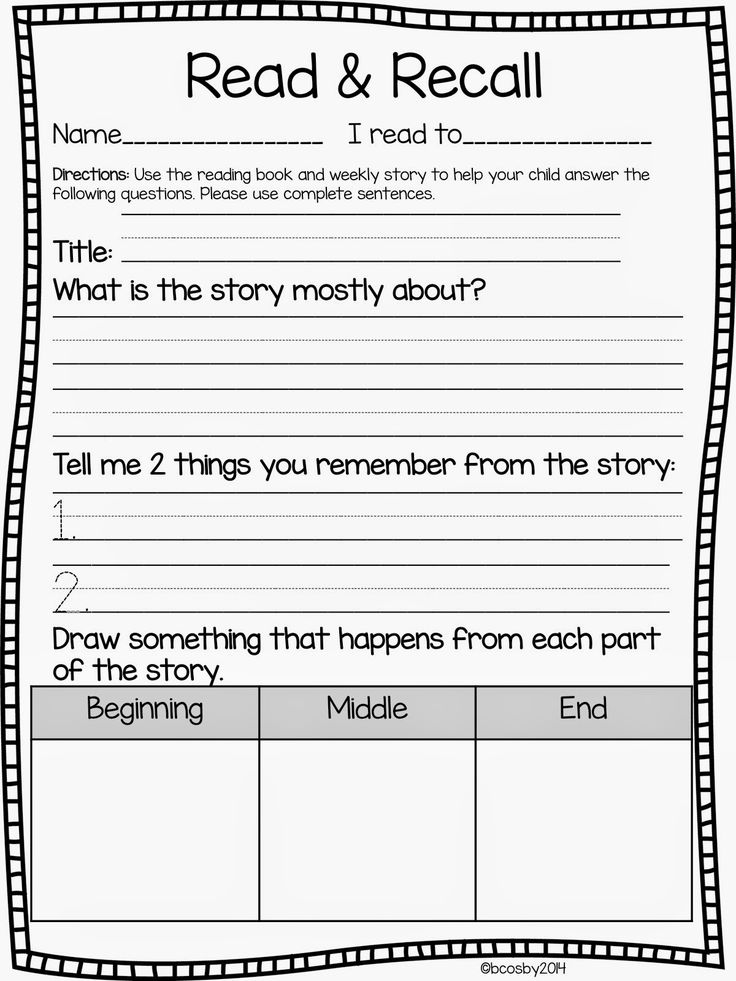
To prevent this from happening, adults will also have to work on their feelings. First of all, we need to look inside ourselves, to understand what we expect from the school.
Comment by the head of the educational and methodological department of the school:
Do not give sky-high promises, in the spirit of “it is very interesting at school, you will find a lot of friends there” - after all, everything can turn out quite differently, and the child will face deceived hopes. But don’t scare me with special difficulties - discuss everything at a normal, adult level.
It is better to formulate the following position: “We all have to go through a new stage together. It's very exciting. It’s normal that you and I are worried and waiting for this.” It's good when the family remembers interesting stories from school time.
In general, it is necessary to form a positive image of the school, but not to do it too demonstratively and untruthfully.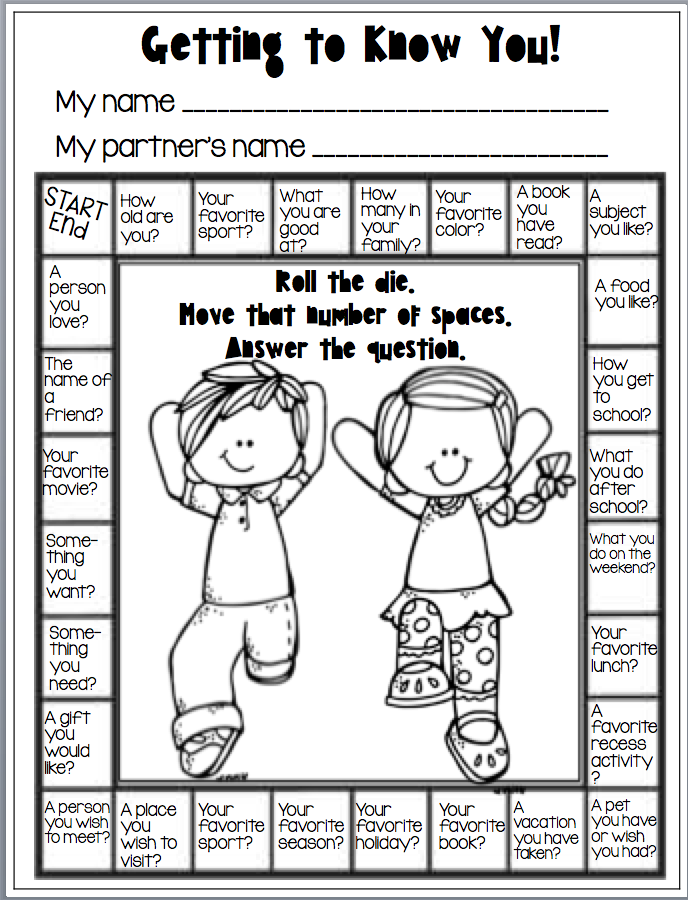 We all know that school is difficult, and it's not always fun gatherings with friends.
We all know that school is difficult, and it's not always fun gatherings with friends.
Checklist: Self-test questions
Even before going to school, a child develops a certain array of knowledge about the world around him. Having this knowledge can greatly simplify the life of a child in elementary school. We have prepared a checklist with basic questions for self-examination.
Me and my family
- What is your name? (you need to fully name the last name, first name and patronymic)
- How old are you? When's your birthday?
- Where do you live? Country, city, street, house and apartment number?
- What are the names of your mother and father? Last name, first name and patronymic?
- Do you have a brother or sister? What is his/her name? How old is he/she? Who is older?
- Are you a boy or a girl?
Nature
- What colors do you know?
- What is the weather like?
- What plants/berries/fruits/vegetables do you know?
- What animals do you know? What animals are wild? What kind of home?
- Which animals are carnivores and which are herbivores? Why are they called that?
- What birds/fish/insects do you know? How do birds, fish and insects differ from each other?
Time and space
- What seasons do you know? In what order do they go? How do they differ from each other?
- How many months do you know? In what order do they go?
- Name all the days of the week in order.

- What does a day consist of? (morning, afternoon, evening and night)
Safety regulations
- How to cross the road correctly? Name the main signs, explain traffic lights, etc.
- What to do if there is no traffic light nearby?
- Can I leave with a stranger?
Logic and thinking
- Find the differences in the pictures.
- Find an extra item in the row. Why is he redundant?
- What figures do you know? How do they differ from each other?
- Where is the top? Where is the bottom? Where is the right? Where is the left?
- Continue drawing point by point.
Reading and speech
- Retell the story you heard. Answer questions about him.
- Make up a story from the pictures.
- What is a question? Exclamation? Statement?
Mathematics
- What number is this?
- How many items are there? (e.g. three apples)
- Compare these two items: which one is higher? which one is wider?
***
School is the beginning of a new stage in the life of not only a child, but of his entire family.

